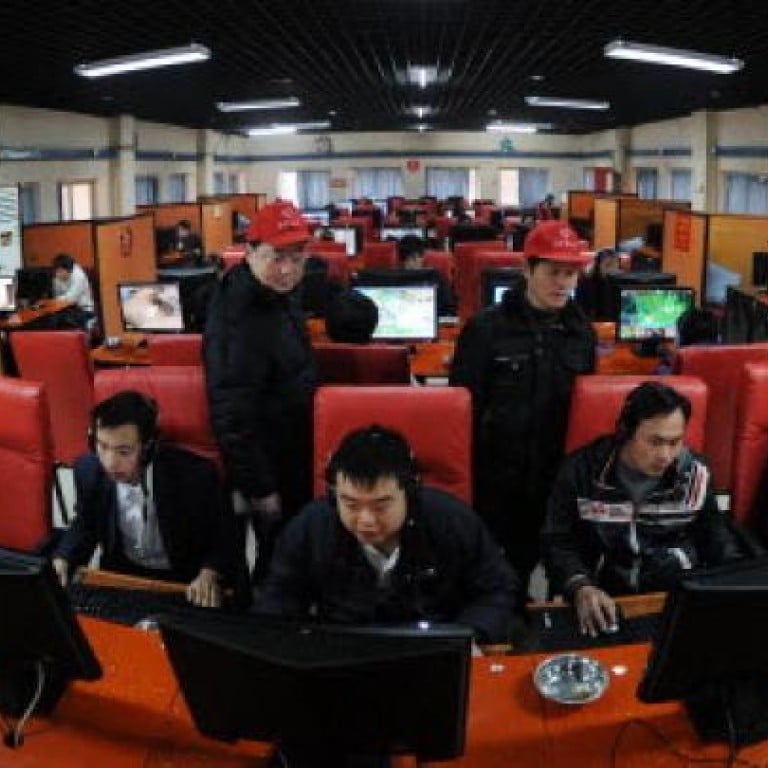
People's Daily editorials signal harsher internet regulation
The Chinese Communist Party mouthpiece meted out harshly worded front-page editorials about internet regulation this week, a move that might signal the party’s new campaign to impose further controls on its booming social media community.
In Friday’s editorial titled “The internet is safer and more convenient under regulation”, the author maintained that “rumours’ and "slanders” like the Doomsday tale will cause harm to individuals, society and the country.
“It is the civilians’ wish that the chaotic internet be regulated,” said the editorial.
The editorial further argued that internet regulation will not compromise freedom of speech. Instead, it will stimulate civilized communication, promote online business and guarantee a safer environment.
The editorial arrived at the conclusion that “our life online will be more convenient once our internet management is more scientific, effective and standard.”
In Thursday’s editorial titled “Internet needs to operate under law”, the author claimed: “while the US drafted computer system laws in 1977, Japan has adopted indirect real-name system, and Germany also blocks illegal websites.”
On China’s micro-blogging service Sina Weibo, the People’s Daily’s editorial drew angry responses from netizens.
“Regulating rumours? But who are the biggest rumour makers in China?” said one Weibo user.
“Talking about rule of law, what happened to our constitutional rights of free speech and demonstration?” said another Weibo user.
